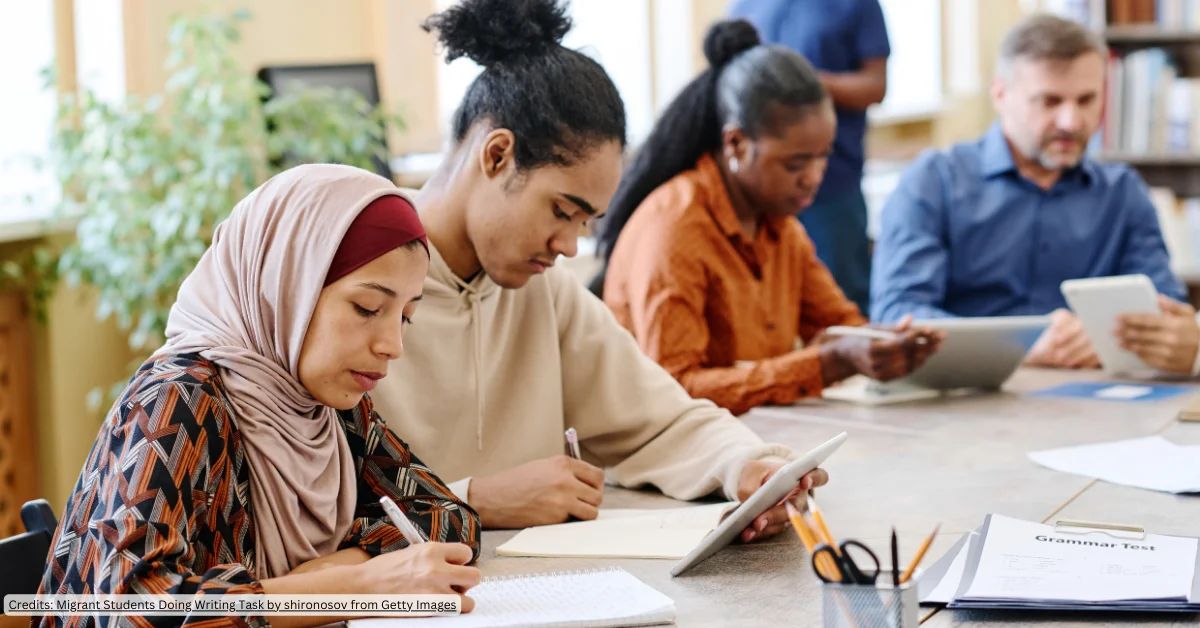Andrea Mason, CEO of the Ngaanyatjarra, Pitjantjatjara and Yankunytjatjara Women’s Council (NPYWC), was the first-ever indigenous Australian woman to lead a political party.
She is also a respected leader who strives to ensure a better life for Aboriginal women. Her passion for social justice and excellence in leadership led to her receiving the 2016 Telstra Business Woman of the Year title. While acknowledging the recognition as “truly humbling”, she says it was great the social-enterprise sector got a nod.
Women of the Ngaanyatjarra, Pitjantjatjara and Yankunytjatjara nations started the NPYWC organisation in 1980. “The ambition of the organisation is to make sure these women wake up each day with a sense of purpose,” says Mason. “This organisation is my family and community.”
Following her father
Mason’s father was also a social warrior who advocated a better life for the people in his community. “As a young person I saw his approach. He had a very strong focus on listening to people so he could take these concerns to the government and be a strong advocate for them,” she says.
“I liked the way my dad went about his leadership. I had to develop skills and capabilities as a leader so when the opportunity came along I would be the best version of myself to do that work.”
In 2008, Mason went knocking on the NPYWC doors seeking a position within the organisation. She started off by shadowing a previous leader then grew into being the leader herself. “It was a wonderful entry to the governance of the organisation,” she says.
Mason believes in a “hand up” not a “hand out”. “We have always tackled things that were not being tackled by anyone else,” she says.
Had to fight
From the start, the organisation supported women experiencing domestic violence. “It is not about what help is available – it is about what the need is, and working around that. The ideas come from the women themselves. We have had to fight and see how and where to find funding.”
Mason says the most powerful part of being a leader is seeing the change. “We have advocated for those who were addicted to petrol sniffing, and we were able to help them. We raised money for dialysis machines in rural communities, and we were able to achieve that,” she says. “We are blessed in that we get an idea of where there is a need, and we put our heart and soul into it. More often than not we actually see the change.
“You usually are able to see very big changes every five or so years, so it keeps me passionate and excited. It takes patience, and if we are true to those ideas then we do get to see the change happen.”
Mason says that to be a good leader one must generate confidence, be scholarly, achieve resolutions, be trusted and have a clear purpose. “We are working for the strength of the women and will continue to tick the boxes for governance, compliance and partnerships.”
This article formed part of the 2017 Movers and Shakers feature first published in the March issue of Third Sector. Subscribe here to read the full article.
- Gali Blacherhttps://thirdsector.com.au/author/gali-blacherthirdsector-com-au/
- Gali Blacherhttps://thirdsector.com.au/author/gali-blacherthirdsector-com-au/
- Gali Blacherhttps://thirdsector.com.au/author/gali-blacherthirdsector-com-au/
- Gali Blacherhttps://thirdsector.com.au/author/gali-blacherthirdsector-com-au/











